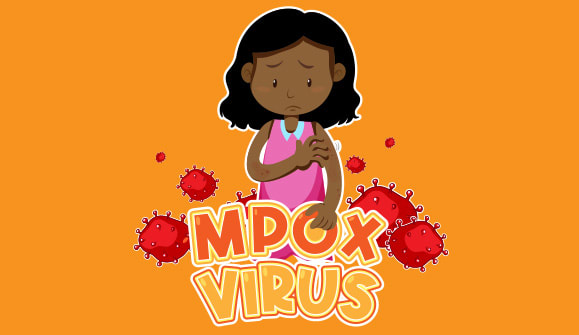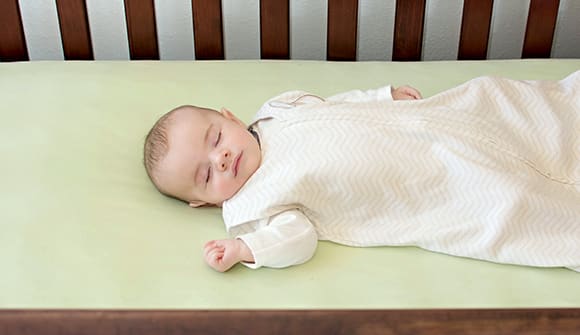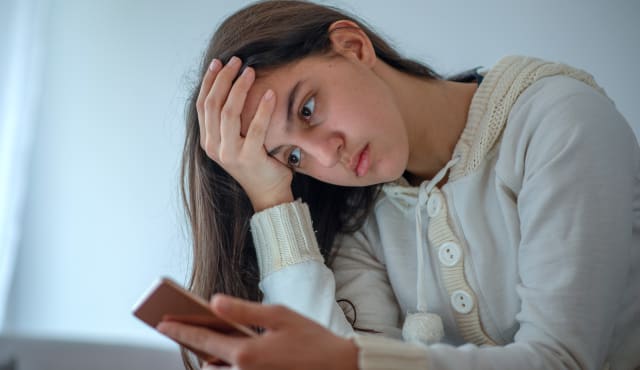Mpox and kids
5 things parents should know.
Article Author: Johnny Woodhouse
Article Date:

Now that the United States has declared the ongoing mpox (previously known as monkeypox) outbreak a public health emergency, parents may have questions about how to protect their children from the once-obscure disease.
Mpox is caused by a member of the same family of viruses as smallpox, though it’s not as transmissible. Typically, those who are infected have fever and muscle aches, followed by a rash on their face, mouth, hands and/or genitals that lasts for several weeks.
Though only a handful of cases have been reported in little ones, Shalika Katugaha, MD, system director of Infectious Diseases for Baptist Health, laid out the five most important things every parent should know about the virus.
- Should parents be concerned? According to the American Academy of Pediatrics (AAP), the risk of children getting infected with mpox is low. However, they are more likely to be exposed to the virus if they live in or have recently traveled to a community with higher rates of infection.
- Are some children at an increased risk for serious illness? Infants and young children (under 8 years of age) and those with weakened immune systems or eczema may be at a higher risk for severe infection when they contract mpox.
- What should parents look for? Any suspicious rash, though it could look similar to those commonly seen in other childhood illnesses. Swollen lymph nodes usually distinguish mpox from other poxes.
- Is there a vaccine for kids? There are no vaccines currently licensed for mpox prevention in children or teens. Those who are exposed to people with suspected or confirmed mpox may be eligible for post-exposure treatment with vaccination, immune globulin or antiviral medication. Decisions about the vaccine in children should take into account the extent of the exposure and the child’s risk for severe disease, according to the Centers for Disease Control and Prevention (CDC).
- Are there any back-to-school considerations? Children with mpox (or any suspicious rash, for that matter) should not return to school or childcare while contagious, the AAP said. The decision to end isolation should be made in collaboration with local or state public health authorities.
Mpox infection prevention
Dr. Katugaha recommended families take these steps to reduce the risk of being exposed to the virus:
- Avoid close, skin-to-skin contact with people who have a rash that could be mpox. This includes touching the rash or scabs; kissing, hugging or cuddling; or sharing cups or utensils with that person.
- Don't handle or touch bedding, towels or clothing contaminated with the virus.
- Avoid contact with infected animals, including those that are no longer alive.
- Wash hands frequently and thoroughly with soap and water or use an alcohol-based hand sanitizer.
- Clean and disinfect frequently touched surfaces.
How is mpox treated?
There are no treatments specifically approved for mpox infections. However, antiviral medications may help and are available by prescription. Over-the-counter pain relievers and fever reducers can mitigate symptoms. Soaking in a warm bath with colloidal oatmeal can relieve dry, itchy skin. According to the CDC, those with an active rash or other symptoms should isolate from family members and pets.
If you’re experiencing symptoms of mpox or have been exposed, consult your primary care provider for guidance on next steps. If you or a family member are exhibiting more extreme symptoms, call 911 or go to your nearest Emergency Center.



